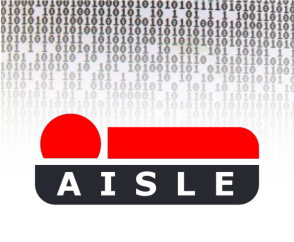D4D, the NIHR Children and Young People MedTech Co-operative, Sheffield Hallam University and Sheffield Children’s NHS Foundation Trust are collaborating on an exciting project entitled AISLE (Artificial Intelligence for smart SLEep log and analysis).
On the 1st October 2018, the project team was successfully awarded 9 months of funding from the Advanced Wellbeing Research Centre (AWRC) and The Children’s Hospital Charity (TCHC).
The project aims to improve the evaluation of sleep disorders in children such that clinical assessments can be made as accurately and as efficiently as possible. Lack of adequate sleep leads to multiple detrimental health effects and in particular, sleep disturbance has a large negative impact on the child’s physical, emotional and mental well-being. This has significant consequences on their school performance and friendships and can lead to anxiety and depression. There are only a few specialist UK paediatric sleep centres despite the increasing demand for sleep disorder evaluations. This project aims to improve recording and evaluation of sleep-wake data by developing two technical elements:
- A user-friendly mobile application, enabling families to provide more helpful data about their child’s sleep and wake patterns over a 2 week period.
- An artificial intelligence algorithm that provides detailed assessment of estimated sleep-wake patterns, to support clinical decision making.
These technical solutions will lead to better family engagement in capturing valuable and accurate data for clinical assessments, rapid data validation combining information from the application and a wearable sensor device, earlier diagnosis of paediatric sleep disorders and large cost savings to the NHS.
So far, substantial progress has been made in developing both the mobile application and the artificial intelligence algorithm. In developing both elements, user feedback is being obtained from healthcare specialists, patients and their families to determine existing problems with the current paper sleep diary. The team are engaging with these groups via phone interviews and paper questionnaires. The problems and needs identified are enabling the team to substantially improve the current clinical pathway for evaluating paediatric sleep disorders. The team is planning to apply for further funding to clinically evaluate and commercialise the technical solutions developed.




